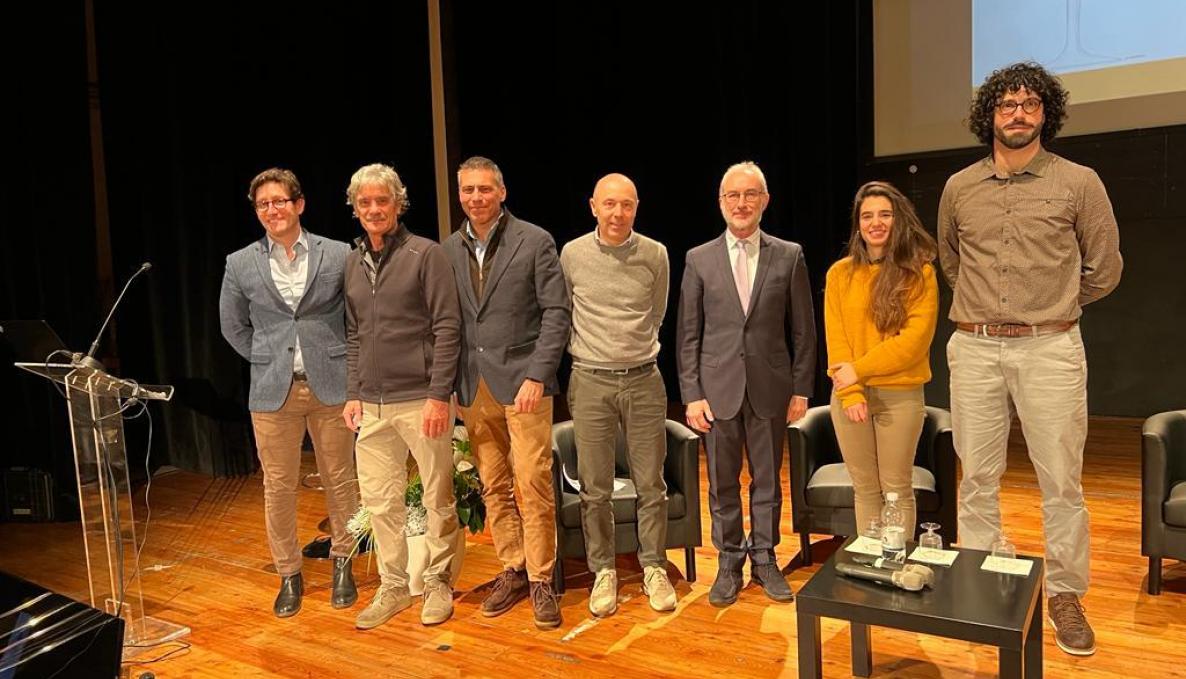Viticulture and climate change: the Crop Science Research Center of Sant'Anna School presents proposals to control climate effects, preserve aromas and improve production in Moscato bianco

How to contrast the effects of climate change and improve production in the Moscato bianco vineyards? The answer comes from research by the Crop Science Research Centre of the Sant'Anna School on the Moscato bianco vineyards of the Consortium of Asti Spumante and Moscato d'Asti. The study, which covered a three-year period of experimental trials (2019-2021) conducted as part of a project financed by the Consortium of Asti Spumante and Moscato d'Asti, analysed the genetics of vines to understand how to mitigate the adverse effects of climate change and enhance the characteristic aromas of Moscato bianco. The results were presented during a conference in Canelli (Asti) attended by Pietro Tonutti, coordinator and full professors at the Crop Science Research Centre, and researchers Stefano Brizzolara and Eleonora Littarru.
"This agreement - explains Pietro Tonutti - has made it possible to investigate organic issues in the viticulture sector. It is an excellent example of how to advance knowledge: the aromatic aspects of Moscato Bianco are an issue with many question marks, and our three-year project puts forward a piece of knowledge that will help producers in the future. The results illustrate some of the actions that can be taken to try to counteract climate change. In recent years, new agronomic knowledge has already proven to be successful in improving farmers' production'.



